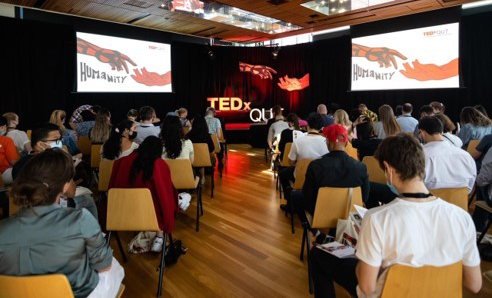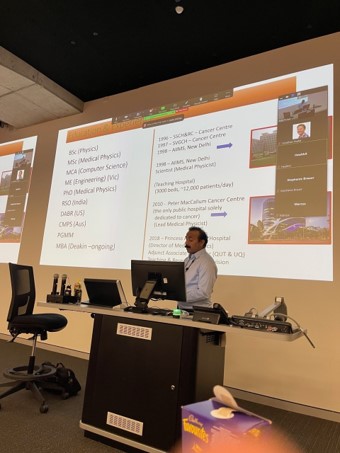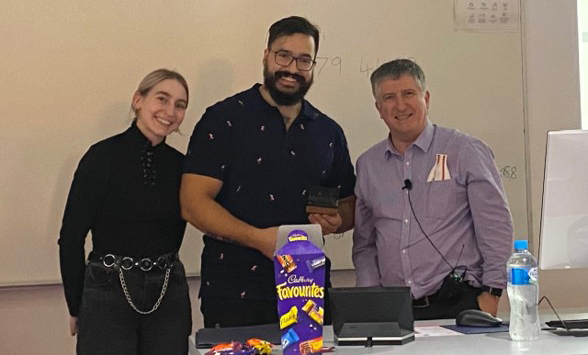
Benjamin Clun, 21 December, 2023
Ben Clun is graduating, but before heading out into the real world he offered some advice for new and future biomedical science students.
Read about:
- Why choose biomedical science
- Memorable class experiences
- Advice for labwork
- Extra opportunities at QUT
- How to make the most of uni
What exactly did you choose to study?
Bachelor of Biomedical Science, majoring in human anatomy, and minoring in human physiology, and human rights.
Why did you choose biomedical science?
I wanted to go to medical school and, as a high school drop-out, I thought a degree that covered a large number of human-science topics, that allowed me to choose majors and minors, and had lots of face-to-face time, would be a good choice.
Having come to the end of my degree, I can safely say that I was right! This degree was flexible, let me do a university wide minor – I mean, studying human rights on a Monday, and the intricacies of immunology on a Thursday? Bonkers! But also really fun.
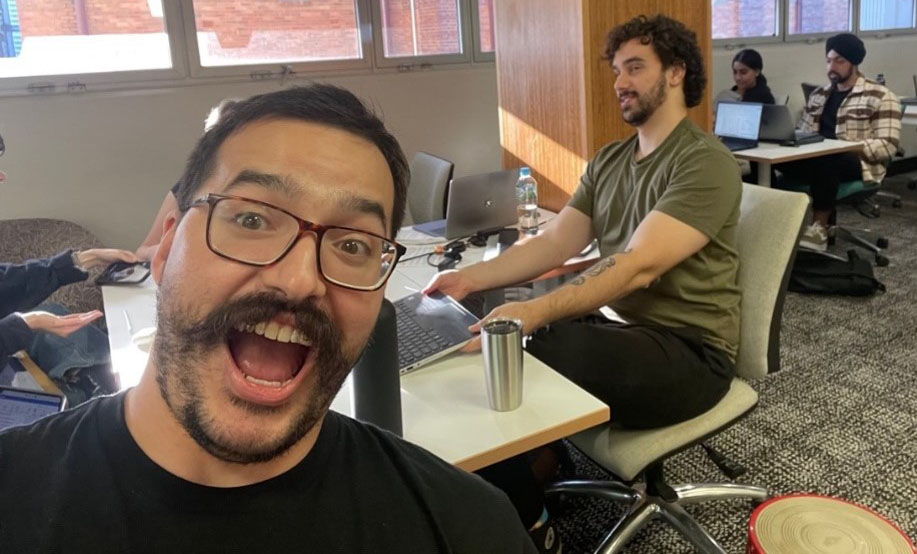
Why was QUT your choice for studying biomedical science?
Some of the units offered in the LS40 Bachelor of Biomedical Science sounded fascinating. For instance, I liked the idea of things like forensic anatomy (epic) and anatomical dissection (mind-blowingly AMAZING).
On top of that, my partner did her degree here, and loved it. I had also heard good things from others who had enjoyed their time here, the campuses looked awesome, and it was in a great location.
What’s the most memorable moment you’ve had in class?
I’ll give you two – one for anatomy and one for physiology.
In anatomy, it would have to be the point in my capstone unit, Anatomical Dissection when I removed a human heart and lungs from a thorax, to use as a teaching section. The privilege of doing that, the scientific beauty of it, and the success over challenge it represented, have made that a core memory for me. As a result of the many experiences in this unit, I feel more than comfortable working with the human body, no matter how confronting it may be.
In a physiology sense, it wasn’t a specific event, per-se, but rather this moment during my second year of study when everything began to “click”. I realised that choosing physiology was the right choice, and that it would be helpful for the rest of my life.
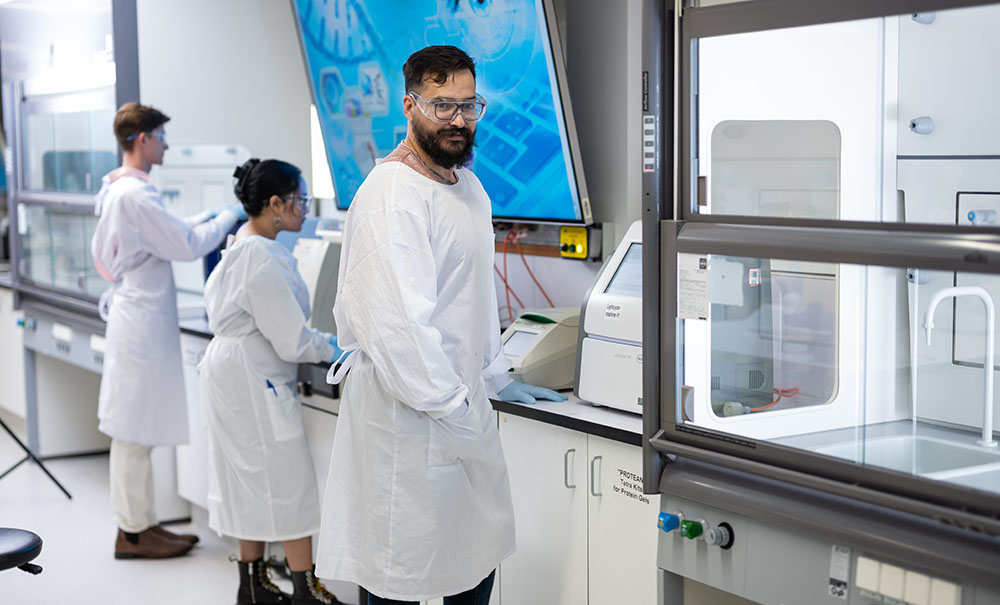
What advice would you give to someone about learning in the laboratories?
For first days/times in a lab or on prac?
- Relax. It is everyone else’s first time too, so don’t worry about it if you feel out of place, lots of other people do as well.
- It can take a while to get comfortable with certain things. For instance, the first time you see human donor material it can be confronting. If it helps you to know this, there are third year students, who have had hands on experience with human donor material EVERY semester they have been at uni, and they can still get uncomfortable at times.
- Talk to staff! They are there to help, and genuinely want you to succeed.
What opportunities have you had while studying biomedical science?
I have had amazing opportunities at QUT.
- I have worked as a research assistant. This was great for several reasons. I mean, getting paid was awesome, but it let me really develop my literature review skills, practice my scientific writing, and helped me network!
- I gave a TEDx talk! This was a massive moment, that only happened because I decided it wouldn’t hurt to try. That’s so important if you are considering a degree, that you put yourself out there, and risk it! The pay off could be huge!
- I organised a series of guest speakers to come and discuss their work, and some of what we heard in those talks was fantastic!
- I have volunteered as a peer leader for four consecutive semesters, in both anatomy and physiology. I even became the president of the Anatomy Peer Learning Community.
What advice would you offer for making the most of uni?
This is a huge question, with a simple answer:
Commit to the university experience.
Talk to strangers, make friends with people next to you in classes, even if they have friends already. Always say yes to catch ups (as long as you are on top of your study!) Try hard in your classes, talk to your staff if you don’t understand things, and be open to new things.
It will make your time at university go past in the blink of an eye. And it will make sure that uni is something you enjoy.
